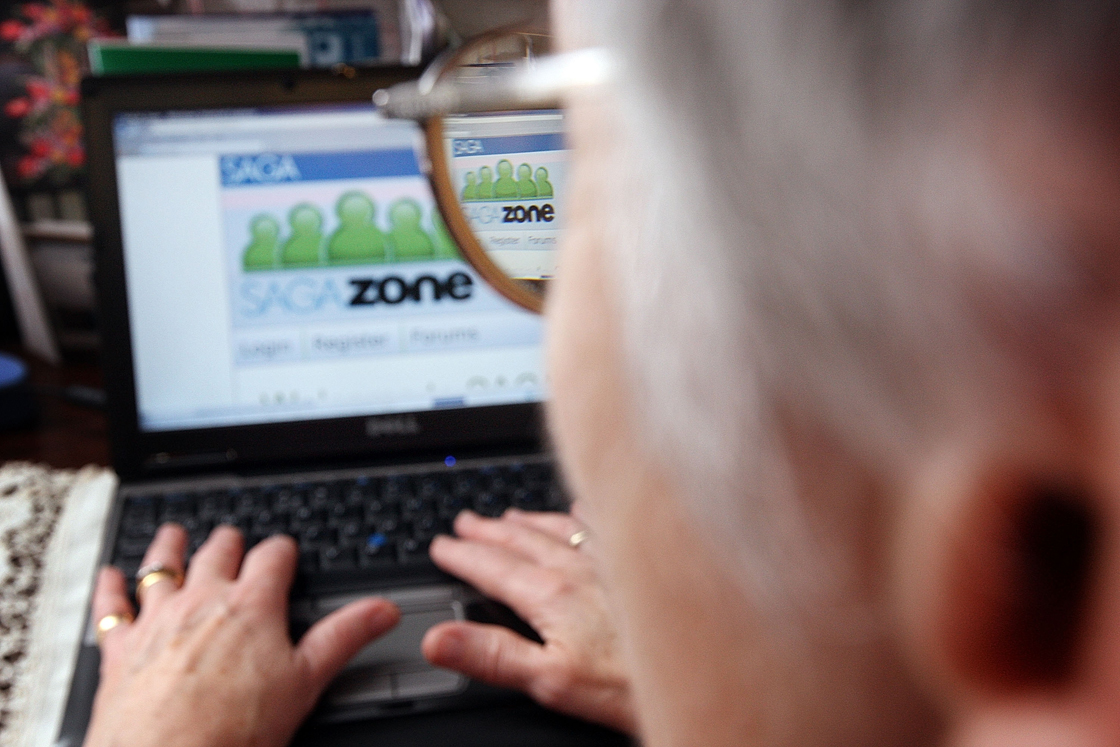TORONTO — Medication and vitamin supplements aren’t helping seniors maintain their brain function, according to a new Canadian study that reviews global research as far back as the 1960s.

It’s brain exercises such as memory training that keeps our mental health in shape as we age, a St. Michael’s Hospital report released Monday said. Even physical activity appears to have little effect on staving off dementia.
“The brain is like any other muscle — if you don’t use it then you lose it. I always encourage my patients to maintain their brain health by staying active mentally and physically,” lead researcher Dr. Raza Naqvi told Global News.
Naqvi is a geriatric medicine fellow at the University of Toronto, focusing on older adults and the medical conditions they face. His findings were published Monday in the Canadian Medical Association Journal.
“The important thing is if you are on a prescription or non-prescription medication for the sole purpose of your memory, it is important that you talk with your physician. There is always potential for some side effects and interaction with other medication,” Naqvi warned Canadians.
In some cases, medication such as estrogen was hurting cognitive function more than helping, the study’s results showed.
Review sheds light on research on brain boosters, busts
In his review, Naqvi scoured 5,000 studies that go as far back as the 1960s related to maintaining brain health and narrowed the field of research down to 32 pieces of literature that were more rigorous in that they were double-blind studies.
After poring through the findings, Naqvi found that there was no strong evidence that medications that are conventionally known to maintain brain function helped patients. Treatments such as ginkgo, vitamin B6 and even omega-3 fatty acids — all touted as supplement heroes for the brain — were included in Naqvi’s review.

Get weekly health news
“There are manufacturers and other people that promote these as being healthy. What we can see is that there is no strong evidence to support those claims,” Naqvi said.
To be clear, only one study on the value of omega 3s that spanned about six months was included in the review.
In other instances, studies on estrogen even indicated an increase in brain decline and the onset of dementia.
Naqvi urged Canadians taking hormones such as estrogen solely for cognitive health — and he had a patient doing this so he suggests there are more — to talk with their doctors about this decision.
“Actually, our study shows that there is more harm than good in some of these products,” he explained.
Meanwhile, studies that had healthy seniors either tinker with computer programs that built on memory or had subjects practice one-on-one with trainers over the course of many months showed some promise in helping the cause over the long term.
The seniors would complete exercises like remembering words, or follow tricks to help with word association.
“The bottom line is that there is strong evidence for formal mental exercise or cognitive training, some evidence for physical exercise, and no clear evidence for any of the prescription or non-prescription drugs,” Naqvi said.
There wasn’t a significant link between exercise and brain health — this was over three studies on the matter — but Naqvi said that doesn’t mean seniors should give up on exercise. Its value still helps in keeping your heart and weight in check and keeps chronic conditions such as diabetes at bay.
Seniors stay active with daily brain activities
Naqvi recommended that seniors take on brain game activities — sudokus and crossword puzzles — read books and discuss them and stay engaged in conversation with family and friends.
The findings come at a pivotal time in health care for seniors as rates of dementia are projected to steadily climb.
The Alzheimer Society of Canada said that right now, 747,000 Canadians live with some form of dementia. By 2031, this number will top 1.4 million Canadians.
The society even has its own Brain Booster website with fitness, recipes and puzzles.
Read more: Alzheimer Society of Ontario launches its first multicultural awareness campaign
Dr. Larry Chambers, scientific advisor of the Alzheimer Society of Canada, notes that the study focuses primarily on healthy seniors without any signs of cognitive problems.
“This should not dissuade healthy people from pursuing physical activity. There’s overwhelming evidence that it’s the single most important thing you can do in addition to nutrition,” he told Global News.
“Mental activity is really important to keep your brain functioning at a high level for as long as possible,” he said, pointing to memory, thinking, language, judgment and behaviour as the key criteria in evaluating a patient’s cognitive health.
A U.S. study said that Alzheimer’s disease is the most expensive illness in the country, more expensive than cancer and heart disease at price tag of $157 billion to $215 billion a year.
Read more: Alzheimer’s most costly malady in US topping cancer, heart disease: study
In Canada, the economic burden of dementia is about $33 billion a year in 2013. It could grow to $293 billion by 2040, the society estimated.
Naqvi said research should look into how popular activities such as sudokus or online memory games add value to mental health.
His next steps are to look at adults who are in the early stages of mild cognitive impairment and evaluate if there is any evidence that we can prevent or delay the progression of brain disease.
carmen.chai@globalnews.ca
Follow @Carmen_Chai








Comments